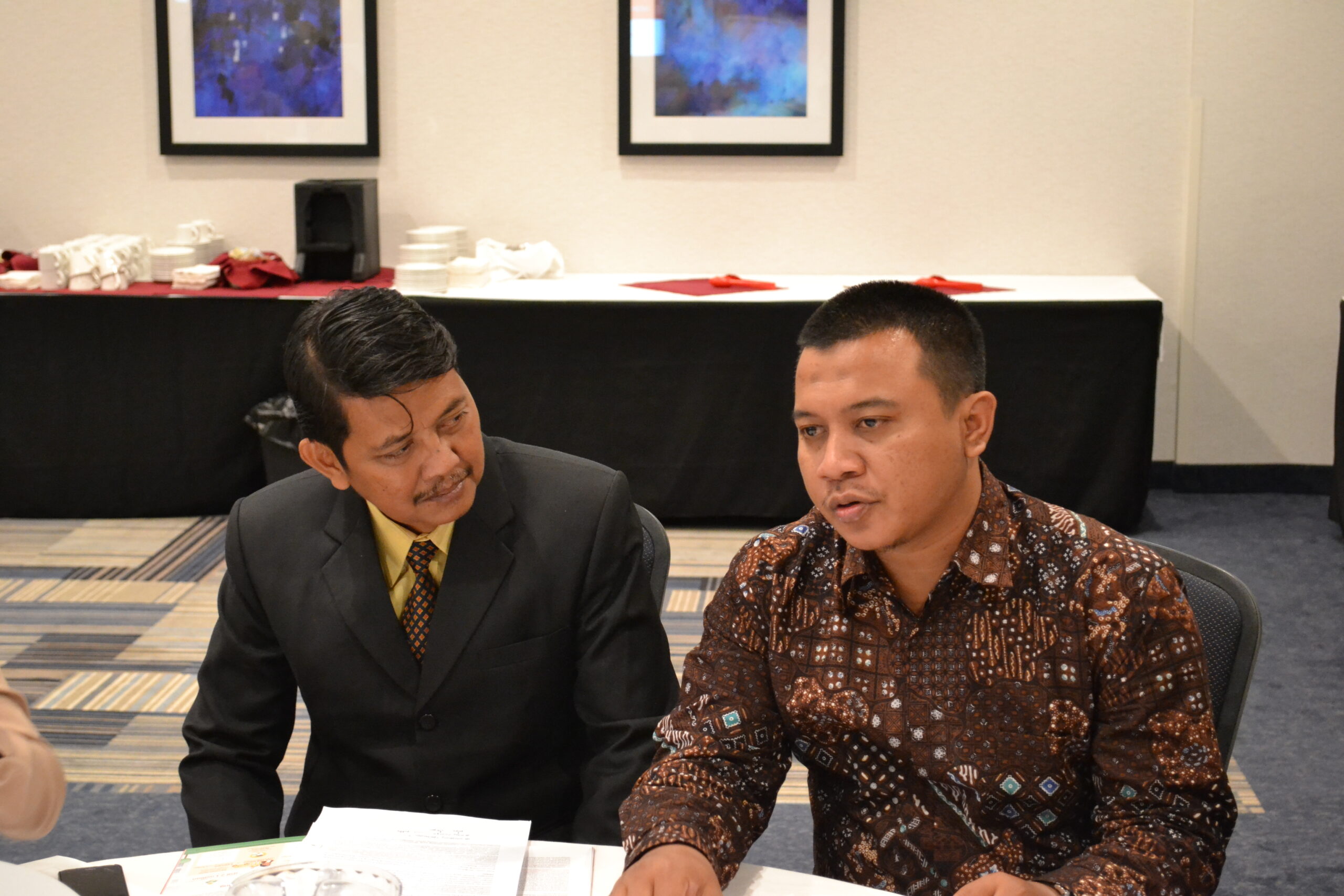Bringing open contracting initiatives to the local level
“Open contracting is not just about data and technology. It is also about citizen rights and access to development,” says Edwin Huizing (Hivos Executive Director) at the launch of the Local Open Contracting Initiative (LOCI) on 28 May in Ottawa, just before the OGP Summit kicks off.
Semarang City (Indonesia), one of the local governments present at the launch of LOCI, supports open contracting and has been working to apply its principles.
What is essential for the success of implementing open contracting? According to Widi Nugroho (Executive Director of PATTIRO Semarang) it’s having a progressive local government and active citizens. “Any initiative, including the application of open contracting, won’t succeed if its citizens are not included,” he says.
The government and civil society of Semarang City still need to overcome several challenges. To make the procurement process more efficient, transparent and accountable, Hivos invited PATTIRO Semarang and the government to attend the kick- off meeting of LOCI.
Through peer learning, evidence and practical guidance, the goal of LOCI is to support actors to make local open contracting initiatives, such as the one in Semarang City, more ambitious, improve the transparency, accountability and effectiveness.
The delegation of Indonesia had the chance to exchange experiences with other open contracting champions attending the event and to find ways to improve their existing initiatives. Other delegations present at the kick off event came from the Philippines, Colombia, Argentina, Mexico, Kenya, and Nepal.
Both Widi Nugroho (right in picture) and Yudi Hardianto Wibowo, Head of Organization Division of Semarang City Regional Secretariat (left in picture) agreed that the discussions were useful. Their biggest takeaway turned out to be their mutual agreement on the necessity of involving the citizens more in the public procurement process. Citizens of Semarang still have a minimum understanding of the procurement process and knowledge about the impact of the process on their lives, because of “a lack of public outreach about the procurement process,” says Widi.
One way in which Semarang City has been a frontrunner local government has been by handling complaints from its citizens. People have been using an online complaint handling mechanism called LAPOR Hendi to submit complaints and provide feedback (not specific to public procurement process). But there are still other aspects in the procurement process in terms of transparency and accountability that can be improved, including the procurement information system.
One of the lessons learned came from Caldas and Mexico City, where journalists and CSOs have been able to successfully expose irregularities and corruption in government procurement. Semarang City will look into ways to train more CSOs and journalists to investigate procurement projects.
Now that the dust has settled and PATTIRO Semarang and the government are back in Indonesia, they have agreed on taking the first steps to use the lessons from Ottawa to accelerate the open contracting implementation in the city. The government is developing a complaint mechanism specifically for procurement, drafting regulation as its legal basis, and hiring staff dedicated to work on this.
PATTIRO Semarang will continue their work to increase the capacity of the citizens to monitor the procurement process and projects and submit complaints or findings through the existing platform. They will also keep encouraging the government to work towards a more inclusive procurement process.
PATTIRO Semarang and the government of Semarang City are committed to apply open contracting and accelerate the process among other frontrunner governments in the LOCI mechanism. Other local governments can learn from them to replicate or scale their initiatives in order to create more sustainable and impactful open contracting initiatives.




